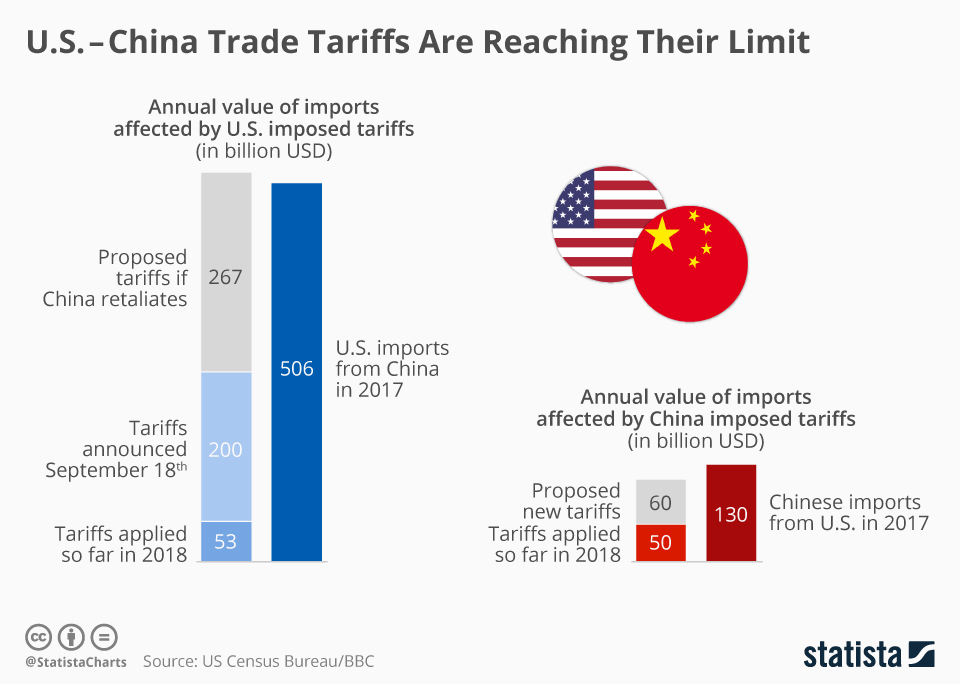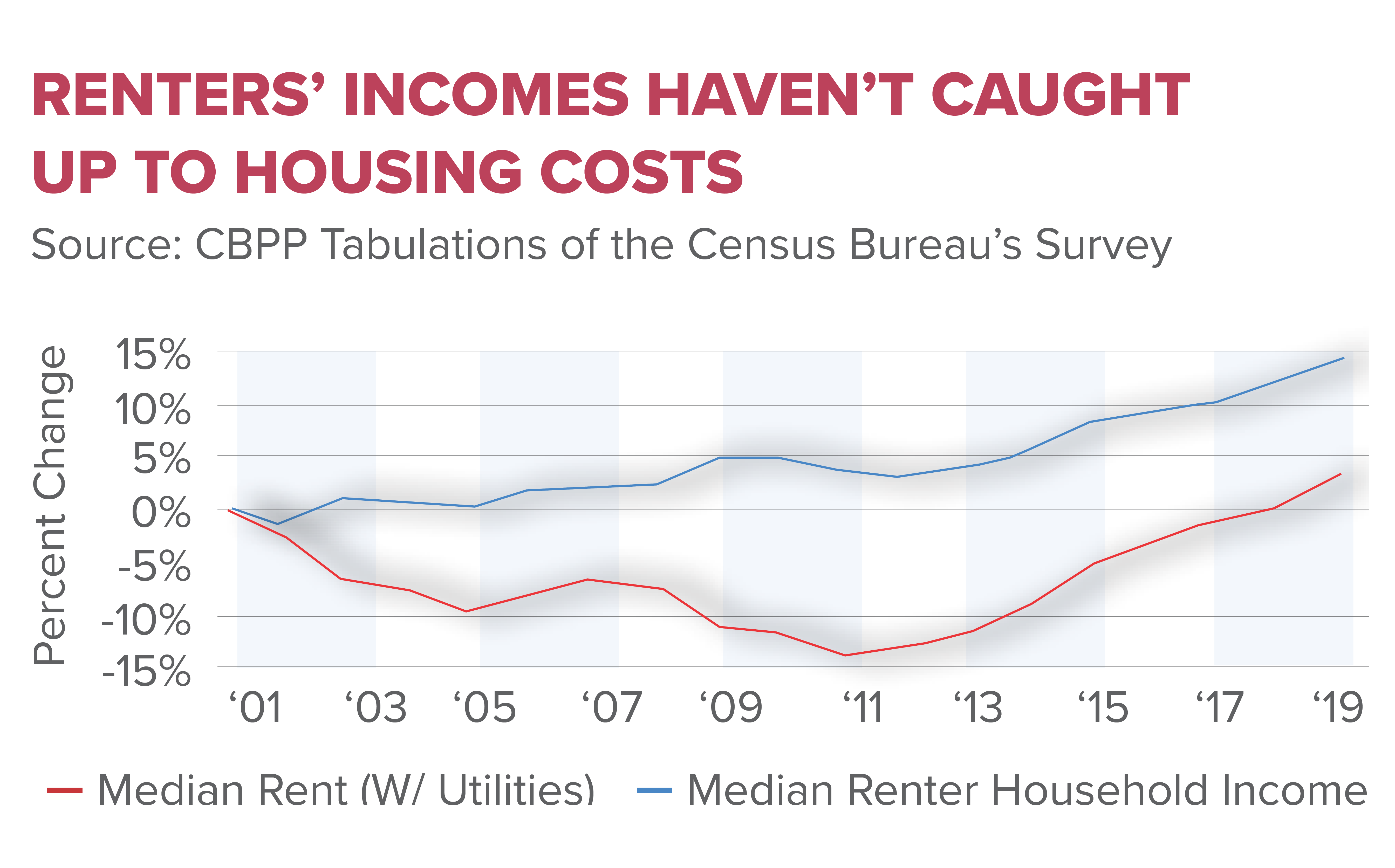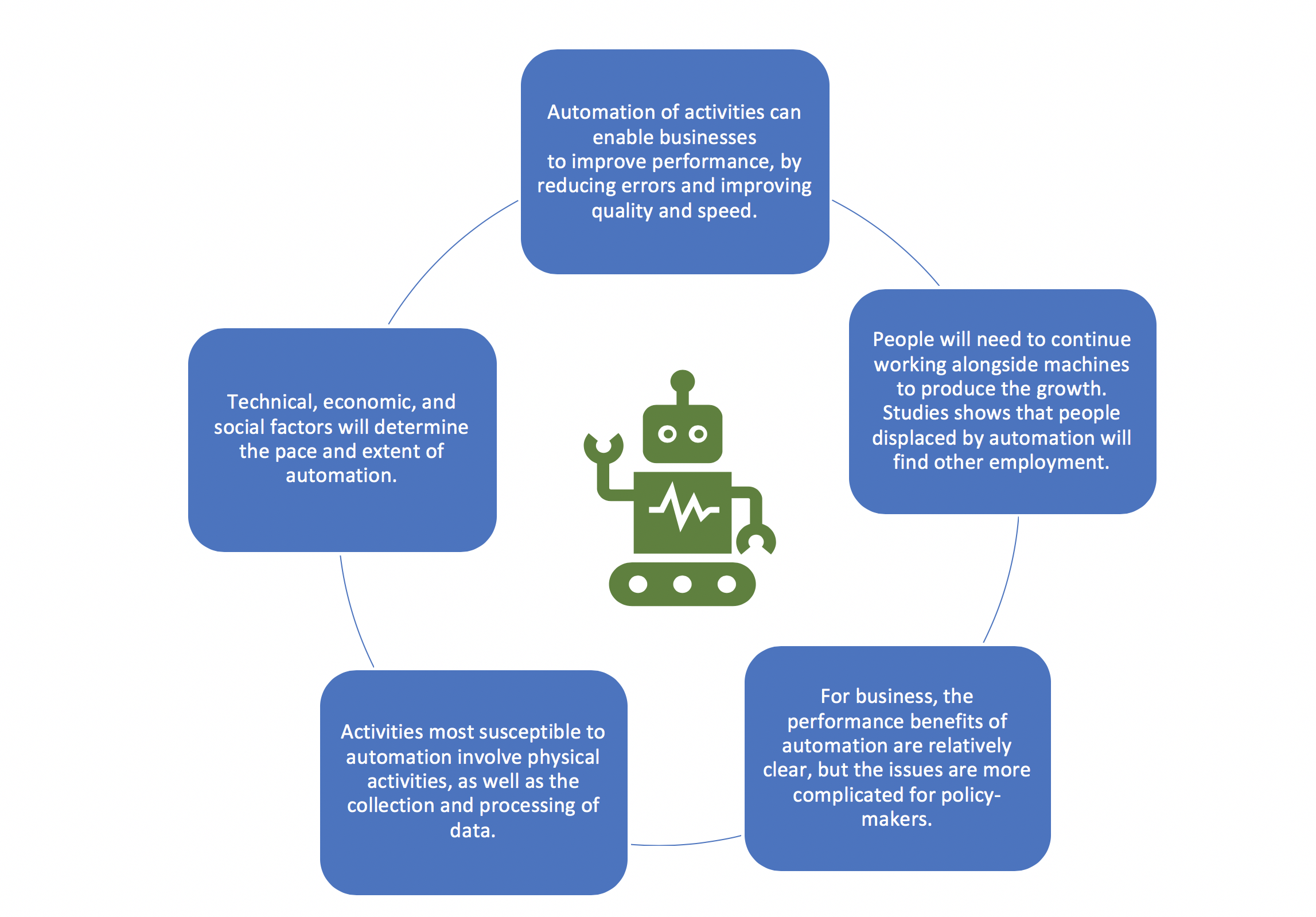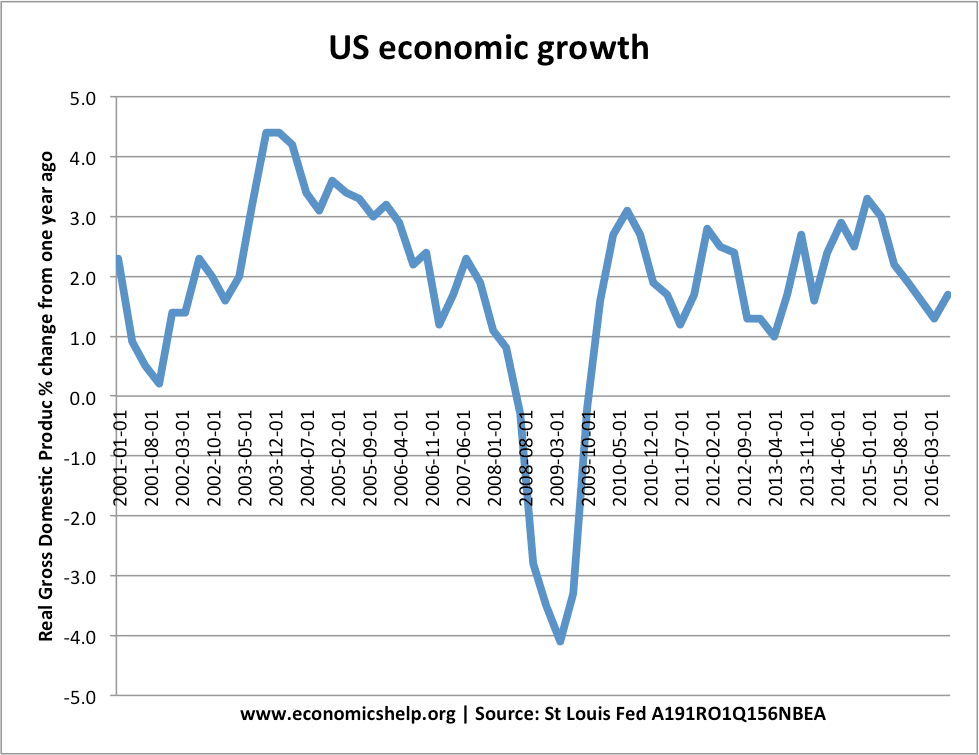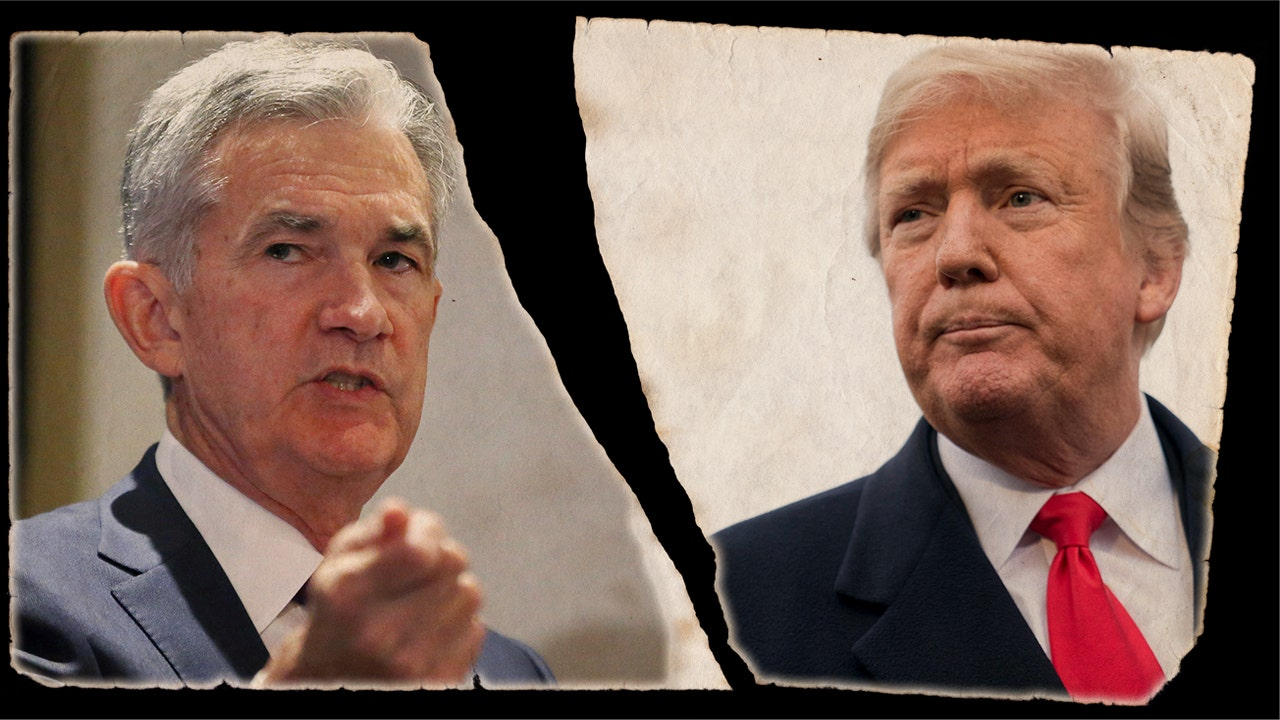The impact of China tariffs is a significant concern for economists and policymakers alike as the U.S. navigates its complex trade relations. Implementing high tariffs on Chinese goods could lead to increased prices for American consumers, potentially triggering widespread supply chain disruption that reverberates throughout the economy. Amid an ongoing trade war, these tariffs could also strain Beijing relations further, pushing China to seek closer ties with other global players. The consequences extend beyond mere price hikes, potentially jeopardizing the balance of the U.S. economy and its standing in international trade. As we delve into the intricacies of this issue, it’s clear that understanding the broader implications of China tariffs is crucial for anticipating the future of American commerce and foreign relations.
The implications of import duties imposed on China are becoming increasingly relevant in today’s global landscape. As the U.S. contemplates imposing additional tariffs, analysts are raising alarms about potential repercussions for both domestic prices and international partnerships. Rising duties could exacerbate challenges for American businesses, leading to heightened supply chain interruptions and affecting the overall economic stability. Moreover, this renewed focus on protectionist measures may catalyze shifts in diplomatic relations as nations adapt to the evolving trade environment. Unraveling the complexities of these economic policies will be essential for understanding their far-reaching effects on the global market.
The Economic Repercussions of China Tariffs on the U.S. Economy
The proposed increase in tariffs on Chinese imports is expected to create a ripple effect across the U.S. economy, with economists warning of potentially higher prices for American consumers. These import tariffs, combined with a revived trade war, could elevate costs for a variety of products, from electronics to household goods. As U.S. manufacturers face higher expenses due to increased tariffs, it’s likely these costs will be passed down to consumers, leading to inflationary pressures that could significantly impact the purchasing power of American households.
Moreover, the implementation of such tariffs may lead to disruptions within the already delicate U.S. supply chains. Many goods that Americans rely on daily contain components sourced from China, so a tariff aimed at these imports could complicate manufacturing processes and lead to shortages. The potential for delays and complications feeds into a broader narrative around supply chain resilience, amidst ongoing labor shortages and geopolitical tensions that might arise from strained U.S.-China relations.
Frequently Asked Questions
How do China tariffs impact the US economy?
China tariffs directly impact the US economy by increasing prices for consumers on imported goods, leading to potential inflation. Tariffs can disrupt supply chains, making products more expensive and less accessible, while also slowing economic growth as companies face higher operational costs.
What are the potential consequences of a renewed trade war with China for US-China relations?
A renewed trade war with China could strain US-China relations further, as tariffs may lead to retaliatory measures from Beijing. This escalation might weaken diplomatic ties and foster deeper economic rifts, making collaboration on global challenges more difficult.
Can China tariffs spark supply chain disruptions in the US?
Yes, China tariffs can spark significant supply chain disruptions in the US. As manufacturers face increased costs and uncertainties, they may struggle to maintain their supply chains, leading to delays and shortages of products across various industries.
What impact do import tariffs from China have on American consumers?
Import tariffs from China generally result in higher prices for American consumers. As tariffs increase manufacturing costs in the US, these costs are often passed on to consumers, making everyday goods more expensive.
How might China tariffs affect future trade deals between the US and China?
China tariffs may complicate future trade deals between the US and China. The imposition of high tariffs could create mistrust and drive both nations to adopt more aggressive trade stances, making negotiations for favorable trade terms more challenging.
What are the implications of China tariffs on the global supply chain?
China tariffs disrupt the global supply chain by reshaping trade flows. Companies may seek alternative suppliers to avoid tariffs, leading to inefficiencies and increased costs as new supply chains are established, impacting global trade dynamics.
Are other countries prepared to fill the gap left by reduced Chinese imports due to tariffs?
While some countries like India and Vietnam may benefit from reduced Chinese imports due to US tariffs, they may take time to scale their production capabilities. Established supply chains and technical expertise in China present challenges for other nations trying to meet US demand.
How do tariffs on Chinese goods influence labor markets in the US?
Tariffs on Chinese goods can negatively influence US labor markets by increasing production costs for American manufacturers. This may lead to layoffs, reduced hiring, or shifts in employment as companies adjust to higher operational expenses.
How are China’s relations with its allies influenced by US tariffs?
US tariffs could potentially strengthen China’s relations with its allies, as they might find common ground in countering US trade policies. This could lead to new partnerships and economic agreements among nations facing similar tariff challenges.
What strategic actions might China take in response to US tariffs?
In response to US tariffs, China may pursue diversification of its trade partnerships, boost domestic consumption through fiscal measures, or enhance cooperation with other countries facing US tariffs to create a coalition that counters US economic influence.
| Key Point | Explanation |
|---|---|
| Tariff Imposition | President-elect Trump plans to increase tariffs on Chinese imports to 10% and potentially 60%. |
| Impact on U.S. Economy | Tariffs may increase prices for American consumers, disrupt supply chains, and lead to labor shortages. |
| China’s Trade Strategy | China is looking at alternative markets and initiatives like the Belt and Road Initiative to offset potential losses. |
| Economic Relations | Increased tariffs could inadvertently strengthen China’s ties with traditional U.S. allies. |
| Preparation for Tariffs | China has been strategizing for potential tariffs since Trump’s candidacy was clear. |
| Long-term Market Changes | Countries like India and Vietnam may benefit initially from reduced Chinese imports, but ramping up production and supply chains will take time. |
Summary
The impact of Chinese tariffs represents a pivotal moment in U.S.-China relations, with significant repercussions for both economies. As the United States considers implementing high tariffs on Chinese imports, not only is there a risk of higher prices and supply chain disturbances for American consumers, but this policy may also catalyze a shift in global economic dynamics. China’s ability to strengthen alliances with other nations in response to these tariffs could further complicate the relationship, potentially isolating the U.S. on the global stage. Furthermore, as China seeks to adapt to the challenges posed by these tariffs, new markets may emerge for goods traditionally produced in China, making the implications of U.S. tariff policy even more far-reaching.
